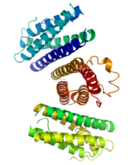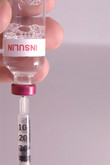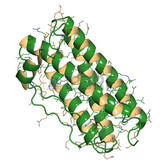Biosimilars/Research
|
Posted 25/08/2017
In September 2013, the first biosimilar monoclonal antibody (mAb) was approved by the European Medicines Agency (EMA), i.e. biosimilar infliximab (Inflectra/Remsima). These products entered the European market in 2015, after expiry of patent and other exclusivity rights of the innovator medicine Remicade. With the ever-increasing cost of health care and the economic pressure to reduce or sustain healthcare expenses, biosimilars could be instrumental in reducing cost for medication and increasing patient access to treatment. Although exclusivity rights of multiple mAbs are expired (rituximab in 2013, trastuzumab in 2014), only recently biosimilar mAbs other than infliximab are receiving marketing authorization (rituximab, adalimumab). Furthermore, earlier biosimilars have seen slow uptake in European markets. This may imply that several barriers hinder market access of biosimilar mAbs.






























